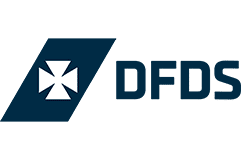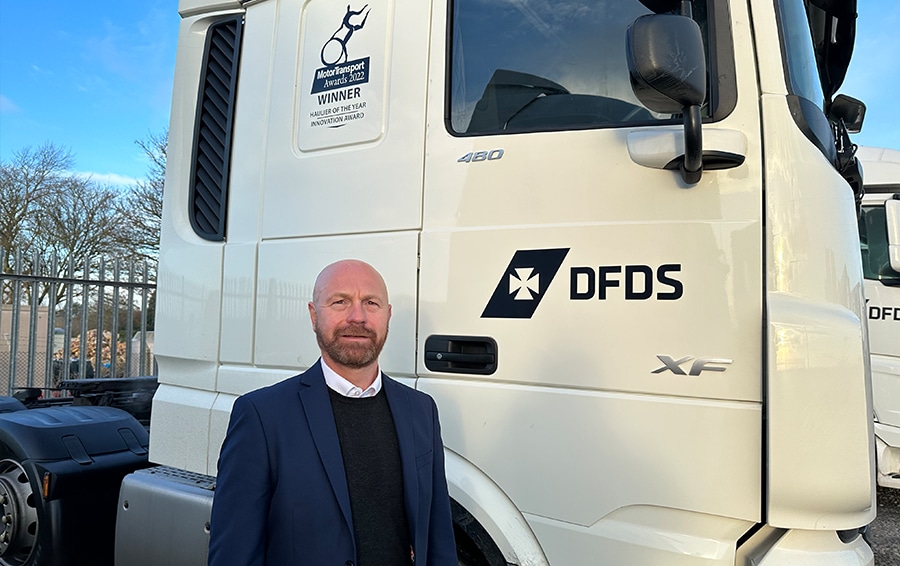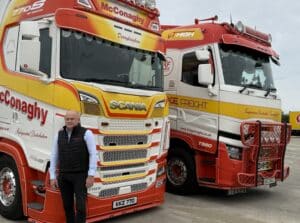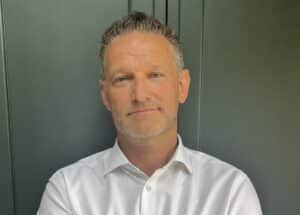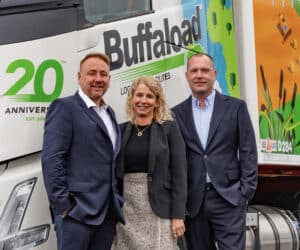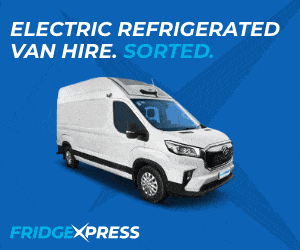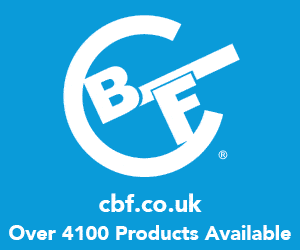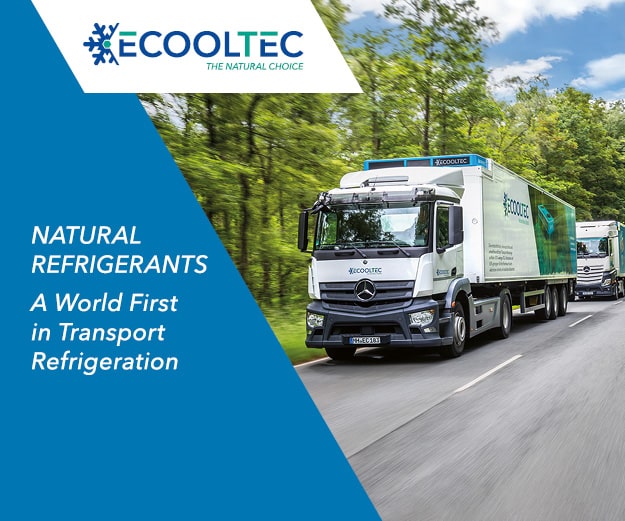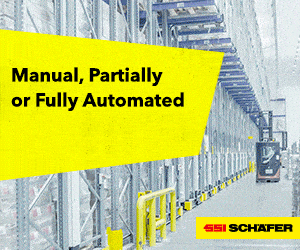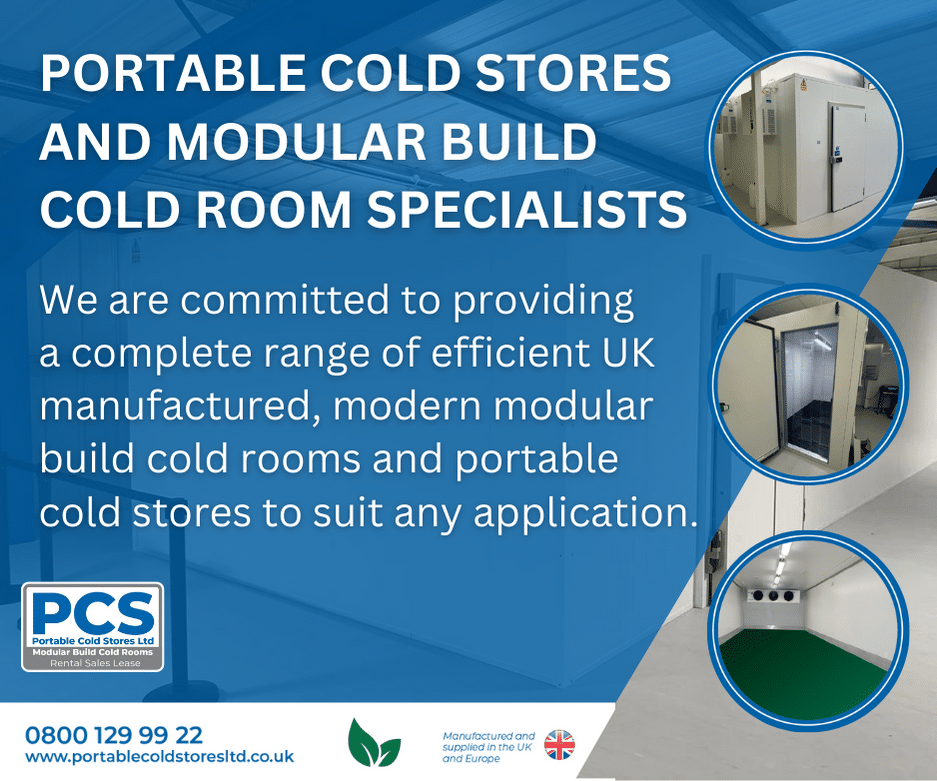Question: How did you get into the temperature controlled distribution sector and what is your role within DFDS?
Answer: I began working within the transport sector in 1990 following a business studies course and for the next 15 years worked as a Transport & Operations Manager across domestic and European operations. It was in 2005 when I transferred to a modest sized temperature controlled department of Norfolkline in the UK which was a business based in Peterborough. We were fortunate to be able to grow the business over the following years and in 2010 were acquired by DFDS. Following this change of ownership, we have been successful in growing both organically and by M&A and we now have 12 temperature-controlled locations in England with a further 6 in Scotland and 1 in Northern Ireland. Today, my role is Managing Director for Cold Chain Logistics in the UK, and the team is now more than 550 colleagues. DFDS provides cold chain logistics for temperature-sensitive goods and products. If you need to safely transport perishable goods we can provide you with temperature-controlled logistics and cold shipping solutions. Our cold chain management team use tested processes to ensure that goods are stored within temperature-regulated and strictly controlled areas in compliance with the highest quality standards. These solutions include, primary & secondary transport, factory logistics, raw materials, warehousing, cold storage, blast freezing, tempering, and following Brexit we also provide customs solutions through our offices in Dover & Grimsby.
Question: Can you firstly tell us what temperature-controlled vehicles that DFDS operates?
Answer: We operate a modern fleet of temperature-controlled vehicles. The fleet is managed through a renewal programme ensuring our equipment is best in class when it comes to efficiency and emissions. Our large range of equipment includes: • Standard refrigerated trailers • 15.65m longer semi-trailers • Twin evaporator trailers • Double deck trailers • Walking floors or automatic vehicle off load trailers (AVO) • Refrigerated containers • Refrigerated rigid trucks – 18 tonnes and 26 tonnes • Refrigerated vans – 3.5 tonnes • Bespoke factory logistics trailers @12m
Question: What has been the most important technical development in your temperature[1]controlled bodies and refrigeration systems in recent years and how has it impacted on your operations within DFDS?
Answer: We recognise that our industry has a large carbon footprint that we are addressing responsibly. We also have a clear strategy to reduce our environmental impact. Our target is for a 45% reduction in carbon emissions by 2030. Our ambitions include: • Contribute to a cleaner environment by reducing pollution, waste, noise and light in communities where we operate. • Operate in a more environmentally friendly and efficient way to reduce emissions of CO2, NOX, sulphur and other particles. We are leading the logistics industry with the introduction of the first solar-powered TRU in the UK. The pioneering technology was developed by London-based company Sunswap, with whom we are collaborating. The Sunswap system is designed to replace the diesel transport refrigeration unit with a system comprising battery technology with solar panels on the trailer roof. A demonstrator model has been trialled throughout 2022 and indications from these trials are positive and this innovative technology will be introduced into the DFDS fleet. In addition to technical developments within our fleet we are also using solar power within our cold stores and warehouses. We have installed solar panels at both Peterborough & Grimsby facilities, and we will complete at our Liverpool cold store in quarter 1, 2023.
Question: Are you using telematics across your fleet currently? If so, what advantages do you see this gives your clients?
Answer: Our smart refrigeration trailers allow real time temperature checks whilst en route and remote downloads as requested for customer audits. We also use truck telematics Truckcom, which is a management system based on a driver app that allows effective transport management, fleet tracking, proof of delivery and vehicle checks. Driver performance is monitored using the software, our drivers receive weekly feedback on their performance and subsequent training to improve their score. In 2022, we have increased MPG by 9% and reduced CO2 by 11%. The use of these systems enables us to offer bespoke solutions for our customers, the use of live and historic data ensures that we can recognise performance across the business and then use the data proactively to resolve issues and drive our continuous improvement programmes.
Question: Customer needs are constantly changing, so what are you finding is now the biggest request from your customers?
Answer: Empowered and proactive customer service teams is a constant need for our customers, meaning that we put service and quality as a priority. We have a strong culture of performance at DFDS and excellent training opportunities for our colleagues to reach their full potential, which also supports the customer in achieving their goals. We believe the more we understand about our customers and their business, we’ll continue to grow as a partnership and ensure the best quality service is delivered. Being customer centric has been key to our successful partnerships. Everyone is focused on sustainability, and our customers are no different, and we are looked at as knowledgeable leaders in this area. There is a demand for innovation from our customers to support their own ESG targets whilst keeping operating costs at a manageable level. This is demonstrated by the many initiatives that we are engaged with across DFDS.
Question: What environmental measures does DFDS incorporate to ensure best practice?
Answer: As a ferry operator and logistics provider, we are aware that our business activities have an impact on both local environments and the global climate. Because of this, we are in a constant search for innovative and intelligent ways to move DFDS in a greener direction. Our climate & environment policy includes details about the areas of both climate and environment. At DFDS, we define climate as the pattern of weather conditions of the entire planet. The most prominent issue within the topic of climate is global heating: increased temperatures globally due to the increased levels of atmospheric carbon dioxide produced by the use of fossil fuels. The topic of environment encompasses the surroundings in which people, animals, and plants live. This topic spans from noise pollution and waste management to protecting marine life, reducing the emission of harmful particles, and more.’ At DFDS, we have set an ambitious target to become climate-neutral by 2050 measured on direct emissions (scope 1 & 2). The way towards decarbonisation and a truly green business demands cooperation between many units within DFDS. This policy serves as a structure, on which our continuous work towards developing innovative solutions can be built upon. The policy reflects our support of the UN Global Compact’s environmental principles If you are interested to hear more, you can read it here Climate Action Plan | Sustainability | DFDS (INT)
Question: The last 24 months has thrown us all a curve ball, how has business been for DFDS since the pandemic started?
Answer: The hallmark of our leadership over the past 24 months has been agility and flexibility to respond to outside events. The unprecedented challenges have meant we have had to think outside the box to develop new solutions. We significantly increased collaboration within DFDS. As a result, we were able to reduce our fleet while improving our financial position. Here is how we adapted: • BREXIT – We have kept ahead of the market by anticipating the major changes in trading practices between the UK and EU by setting up a Custom Clearance operation that has kept fully up to speed with the evolving legislation and import/ export rules. • COVID – We developed pioneering IT initiatives to enable as many staff as possible to work from home or remotely while also introducing greater efficiency and resilience. • DRIVER SHORTAGE – We have succeeded in boosting driver retention by developing a wide range of health and wellbeing initiatives while also conducting a detailed review of pay and benefits which has resulted in significant salary raises and bonuses. We invest in our Driver Academy to fund all aspects of training, including CPC courses and test fees. In 2021 we successfully trained 14 new C1+E commercial drivers and have recently trained two of our senior drivers to ROSPA Gold. They are working across the fleet on improving driving style.
Question: If you could give one piece of advice to a newcomer to our industry, what would it be?
Answer: Build a team of skilled professionals around you, people are your greatest asset, and a diverse balanced team will go a long way to building a successful business. Learn as much as you can and take your opportunities. You can find more information at www. dfds.com on our full range of capabilities.

